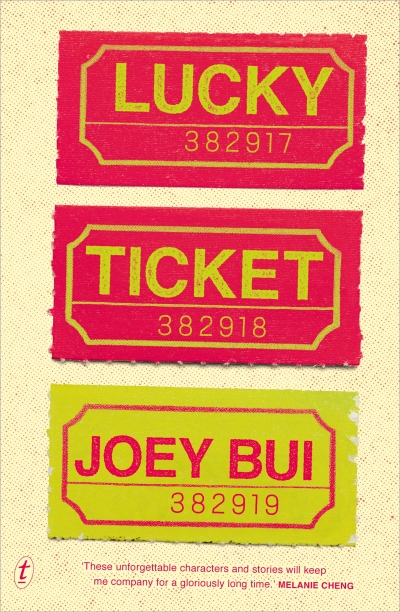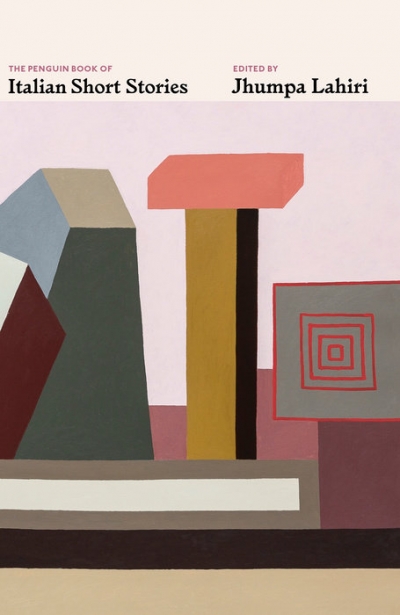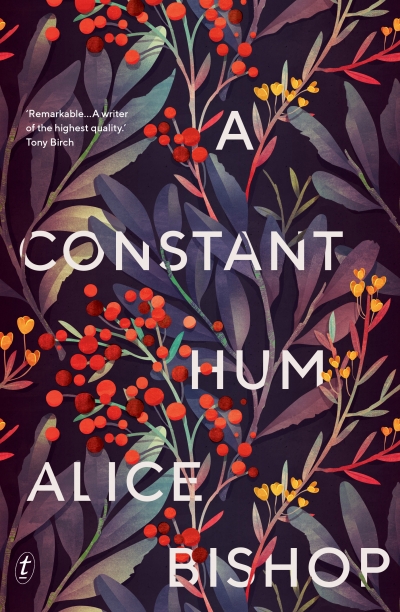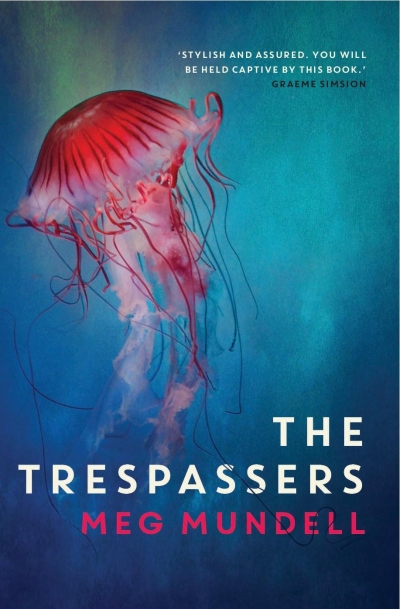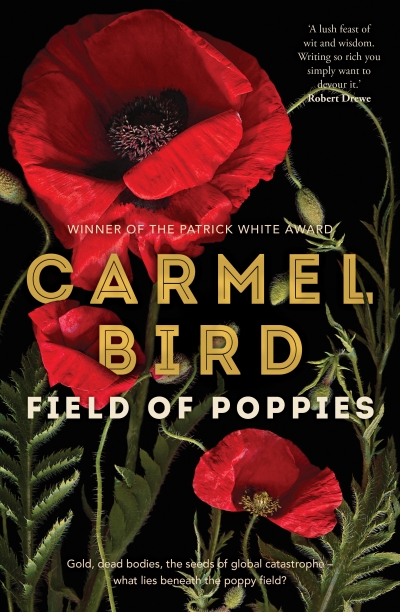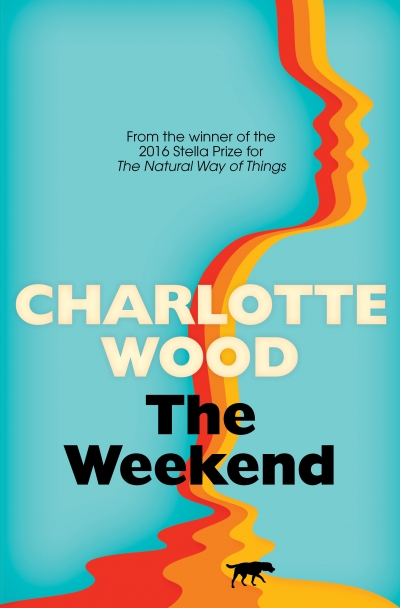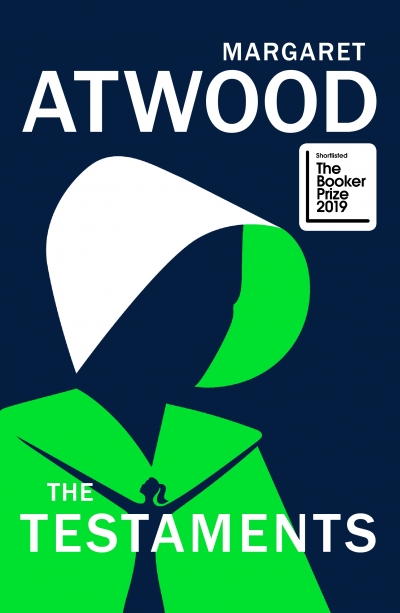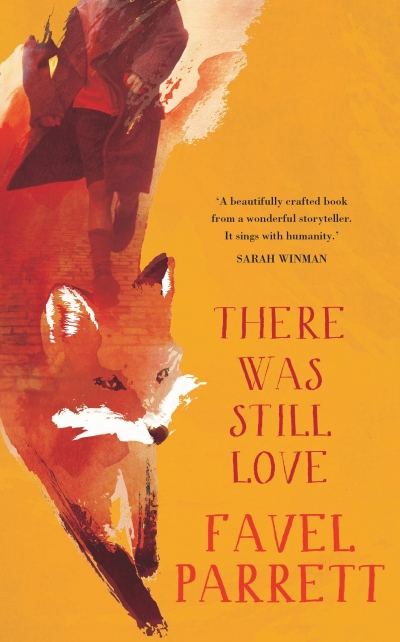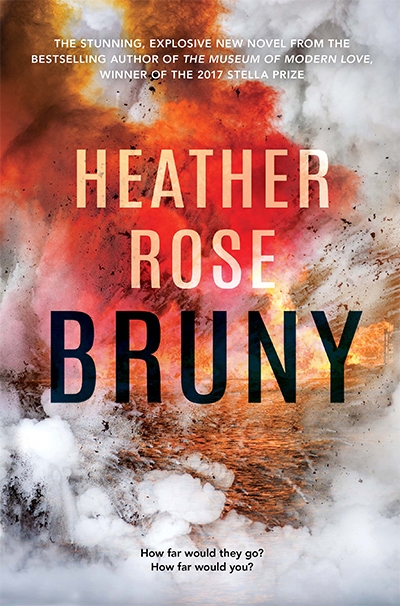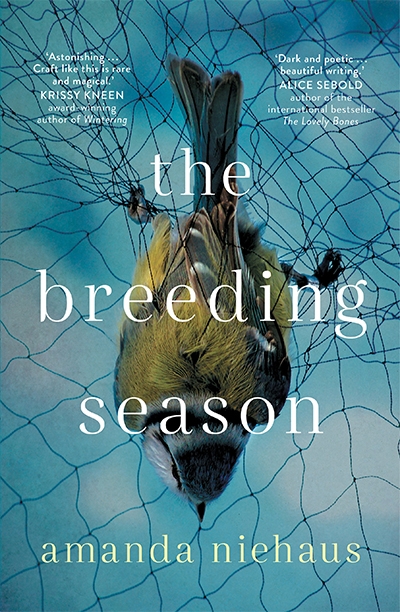Fiction
Lucky Ticket is a brave and haunting début collection of short stories by Vietnamese-Australian writer Joey Bui. In erudite stories of the displaced and dislocated, Bui’s characters are glistering survivors. Many of their voices ring out against the bleak political backdrop of Saigon, making the reader aware of the tyrannical government control and the lack of basic civil and political rights. Bui’s memorable characters are a testament to the deft way she crafts dialogue and to the interviews she undertook with a range of Vietnamese people from refugee backgrounds to better understand the intricacies of their existence.
... (read more)The Penguin Book of Italian Short Stories edited by Jhumpa Lahiri
In 1942, Elio Vittorini managed to circumvent the Fascist censors and publish Americana, a landmark anthology of thirty-three American authors. The aim of this massive project – over a thousand pages with translations into Italian carried out by ten significant literary figures of the time, including Alberto Moravia, Cesare Pavese, and Nobel Laureate poet Eugenio Montale – was to introduce iconic American voices to Italian readers. In assembling her substantial collection of forty Italian short stories, Jhumpa Lahiri set herself the same objective but in reverse: to introduce Italian authors to American readers. Lahiri declares Vittorini was her ‘guiding light’, not only for the general design of the work but also ‘in writing the brief author biographies – intended as partial sketches and not definitive renderings – that preface each story’.
... (read more)Thanks to the internet, the 24/7 news cycle, and social media, certain books are preceded by their reputations. They arrive freighted with so much publicity hype that reading them with fresh eyes is almost impossible. A Constant Hum is one such book, very much the product of a reputation established well before publication, due to the airing of individual stories in places like Seizure and Meanjin, along with several prizes and shortlistings.
... (read more)As the ship carrying nine-year-old Cleary Sullivan and his mother, Cate, sets sail from Liverpool, there is a ‘flurry’ among the passengers. A ‘violent slash of red; tall as a house and shining wet’ has appeared on the dock, visible only to those onboard. Cleary’s mind fills with images of ‘some diabolical creature of the deep, blood erupting from its mouth’. The reality is more prosaic – some spilt paint – but it is an ominous beginning.
Like Meg Mundell’s début, Black Glass (2011), The Trespassers takes place in an unforgiving near-future. Cleary is one of more than three hundred masked passengers escaping a pandemic-riven United Kingdom. Their passage to Australia has been arranged through the ‘Balanced Industries Migration’ scheme, indentured servitude in all but name. The old-fashioned mode of transport and technological restrictions imposed on the passengers, combined with sailors casually shooting down drones, and terms like ‘shippers’, ‘sanning’, and ‘the stream’, give the novel an almost timeless quality, though its concerns are very much of the moment.
... (read more)When Claude Monet lived in Argenteuil in the 1870s, he famously worked in a studio-boat on the Seine. He painted the river, he painted bridges over the river, he painted snow, the sky, his children and his wife, and, famously, a field of red poppies with a large country house in the background. Argenteuil is to Paris roughly what Heidelberg and Templestowe are to Melbourne. Once a riparian haven for plein air painters interested in capturing the transient optics of natural phenomena, it is now a suburban interface with a diminishing habitat for anything but humans.
Actually, Heidelberg and Templestowe are in good shape when compared to Monet’s old river haunt. When he was living in Argenteuil, the population was fewer than 10,000 people, most of whom were asparagus farmers, vintners, fishermen, and craftspeople. Now the suburb is home to more than 100,000, many of whom are commuters making the train trip into Paris every day to work. The only shimmering light of interest would probably come from their phones.
... (read more)‘What kind of game is the sea?’ asks the speaker of Tracy K. Smith’s poem ‘Minister of Saudade’. ‘Lap and drag’, comes the response, ‘Crag and gleam / That continual work of wave / And tide’. It is not until the end of The Weekend that the sea’s majestic game is brought into focus, and then the natural world rises, a riposte, to eclipse human trivia ...
... (read more)There was never any question that The Testaments, Margaret Atwood’s coda to The Handmaid’s Tale (1985), would be a gargantuan blockbuster, a publishing Godzilla. Giddily hyped and fiercely embargoed, bookshops across the world counted down the minutes until midnight on September 10 (GMT), when the envy-green volume ...
... (read more)Favel Parrett’s tender new novel, There Was Still Love, explores what it means to make a home and how a person might be free in a world ruptured by political as well as personal upheavals. Moving backwards and forwards in time (from 1981 to 1938) across vast distances – from Prague to Melbourne, via London – between first- and third-person narrators, past and present tense, Parrett beautifully captures one family’s complicated twentieth-century inheritance.
... (read more)Tasmanian writer Heather Rose’s fifth adult novel, Bruny, about a joint venture between the Chinese, Australian, and Tasmanian governments, is well timed, given current concerns about the covert infiltration of the Chinese Communist Party into Australia’s universities and given Federal MP Andrew Hastie’s recent warning that Australia should approach i ...
The Breeding Season is a novel that grapples with big ideas: the connections between death; grief, mortality and the bodily experience of them; how the male gaze preconditions how women (and female animals) are portrayed and described in science and art. It is an ambitious book, and the ideas that drive it are one of its main pleasures, even if they sometim ...


